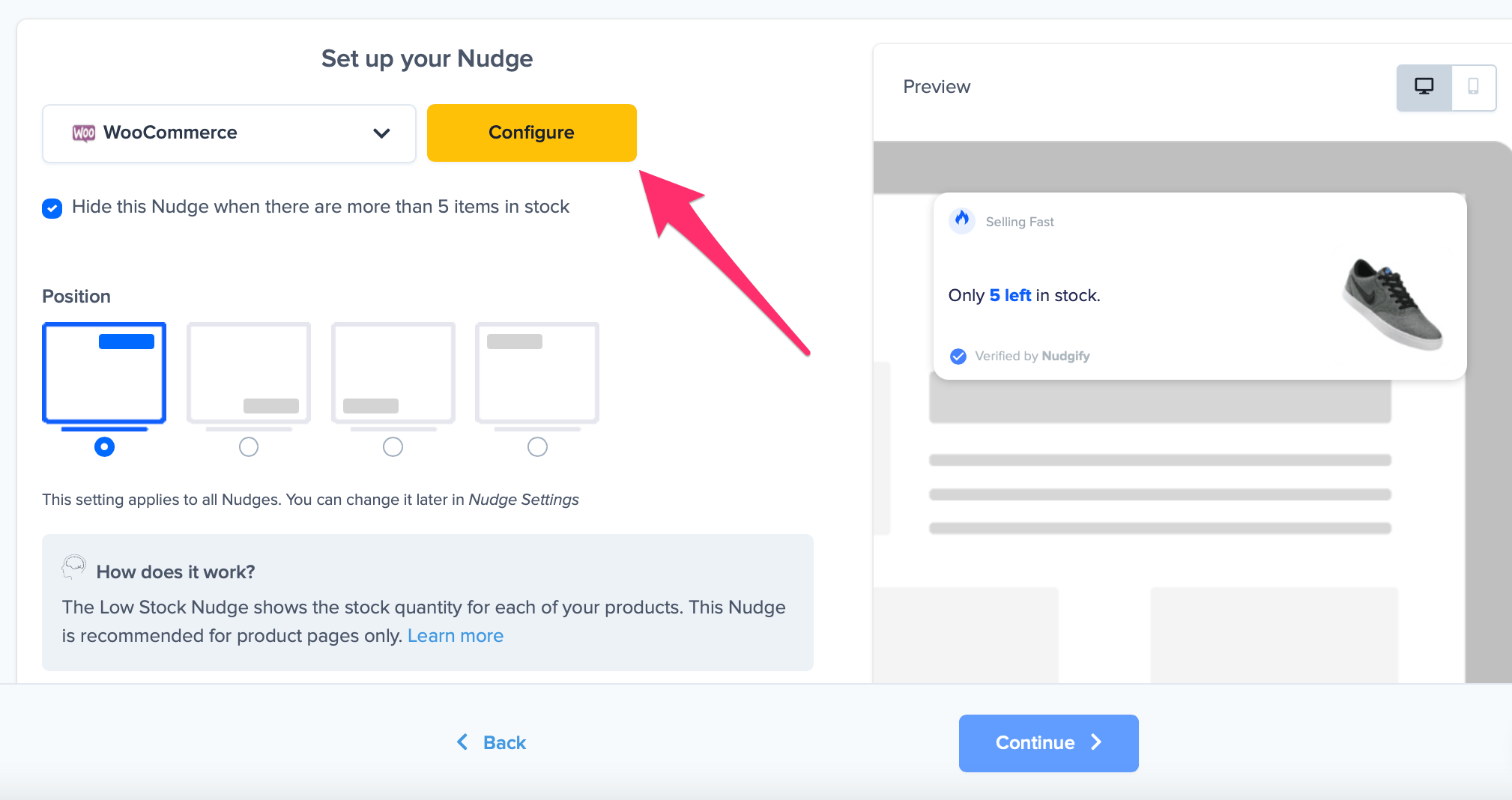Alternatives to Loox Photo Reviews
1. Fomo
+Pros
- Rapid deployment capabilities with documented 2-4 week implementation timelines for SMB retailers .
- Superior A/B testing capabilities compared to ProveSource .
- 2x higher engagement for Shopify implementations .
-Cons
- Mobile compatibility challenges with reported display inconsistencies requiring manual viewport adjustments .
- Integration difficulties with Stripe payments and scaling constraints for retailers exceeding 100,000 monthly notifications .
One highlighted feature and why it's amazing
Analyzes customer engagement patterns to optimize notification timing and content delivery through proprietary algorithms .

Another highlighted feature of why it’s amazing
Deliver automated social proof through live sales data displays, with documented customer implementations showing measurable conversion improvements within 30-60 day timeframes .
2. Nudgify
+Pros
- Rapid deployment capability with full functionality within 48 hours .
- Multichannel data integration for comprehensive social proof displays .
- Cost efficiency with entry-level pricing under $1 per month for low-traffic sites .
-Cons
- Rule-based automation lacks machine learning adaptability .
- Mobile responsiveness issues reported by some users .
- Analytics depth remains limited compared to enterprise alternatives .
One highlighted feature and why it's amazing
Offers eight distinct notification types including Low Stock Alerts, Popularity Counters, Free Delivery Nudges, and real-time purchase notifications .

Another highlighted feature of why it’s amazing
Aggregates inputs from Shopify stores, Google Reviews, Trustpilot ratings, and payment gateways to create comprehensive social proof displays .
Other Alternatives
Okendo Product Reviews & UGC
ProveSource
Trustpilot Business
Wisernotify
How We Researched This Guide
About This Guide: This comprehensive analysis is based on extensive competitive intelligence and real-world implementation data from leading AI vendors. StayModern updates this guide quarterly to reflect market developments and vendor performance changes.
278+ verified sources per analysis including official documentation, customer reviews, analyst reports, and industry publications.
- • Vendor documentation & whitepapers
- • Customer testimonials & case studies
- • Third-party analyst assessments
- • Industry benchmarking reports
Standardized assessment framework across 8 key dimensions for objective comparison.
- • Technology capabilities & architecture
- • Market position & customer evidence
- • Implementation experience & support
- • Pricing value & competitive position
Research is refreshed every 90 days to capture market changes and new vendor capabilities.
- • New product releases & features
- • Market positioning changes
- • Customer feedback integration
- • Competitive landscape shifts
Every claim is source-linked with direct citations to original materials for verification.
- • Clickable citation links
- • Original source attribution
- • Date stamps for currency
- • Quality score validation
Analysis follows systematic research protocols with consistent evaluation frameworks.
- • Standardized assessment criteria
- • Multi-source verification process
- • Consistent evaluation methodology
- • Quality assurance protocols
Buyer-focused analysis with transparent methodology and factual accuracy commitment.
- • Objective comparative analysis
- • Transparent research methodology
- • Factual accuracy commitment
- • Continuous quality improvement
Quality Commitment: If you find any inaccuracies in our analysis on this page, please contact us at research@staymodern.ai. We're committed to maintaining the highest standards of research integrity and will investigate and correct any issues promptly.